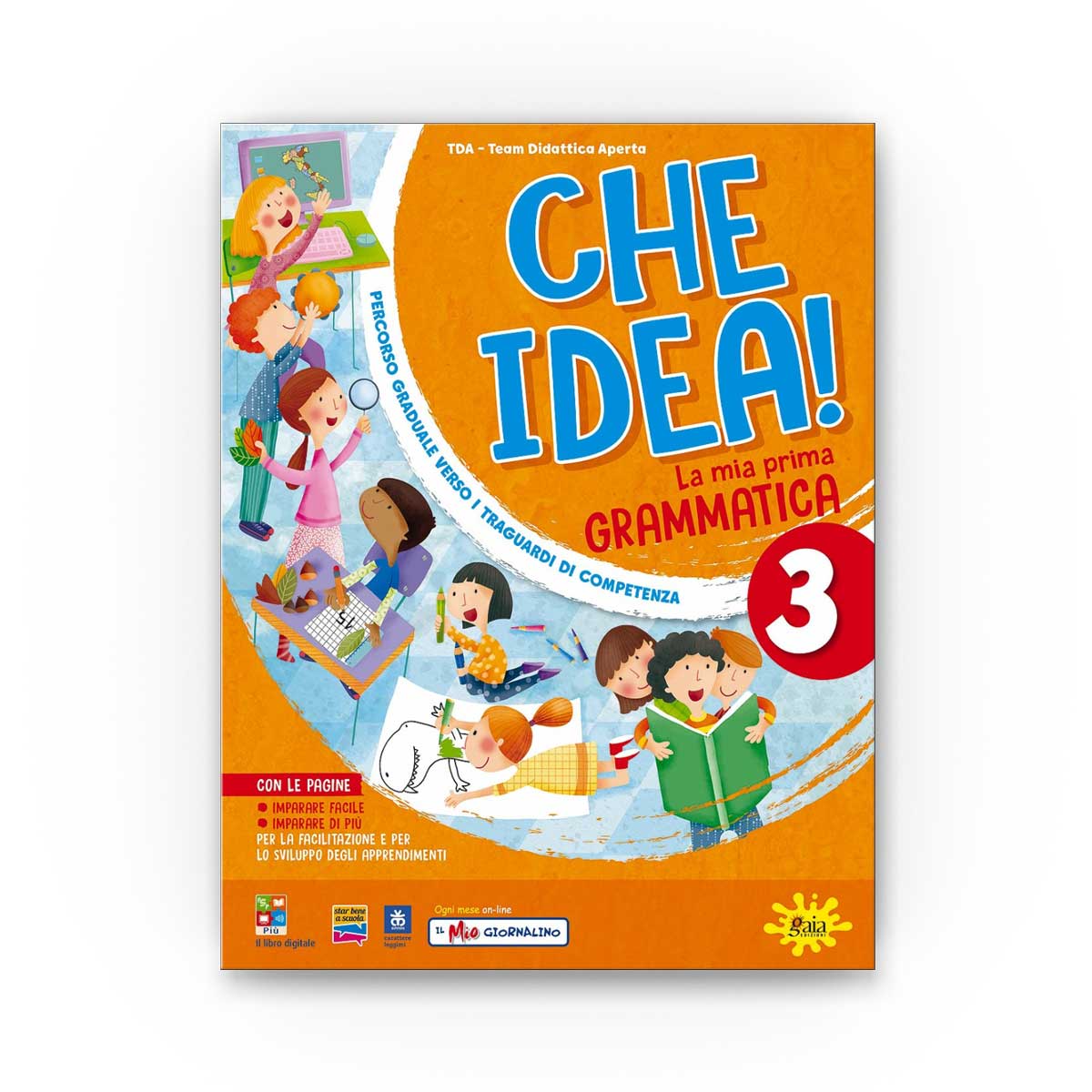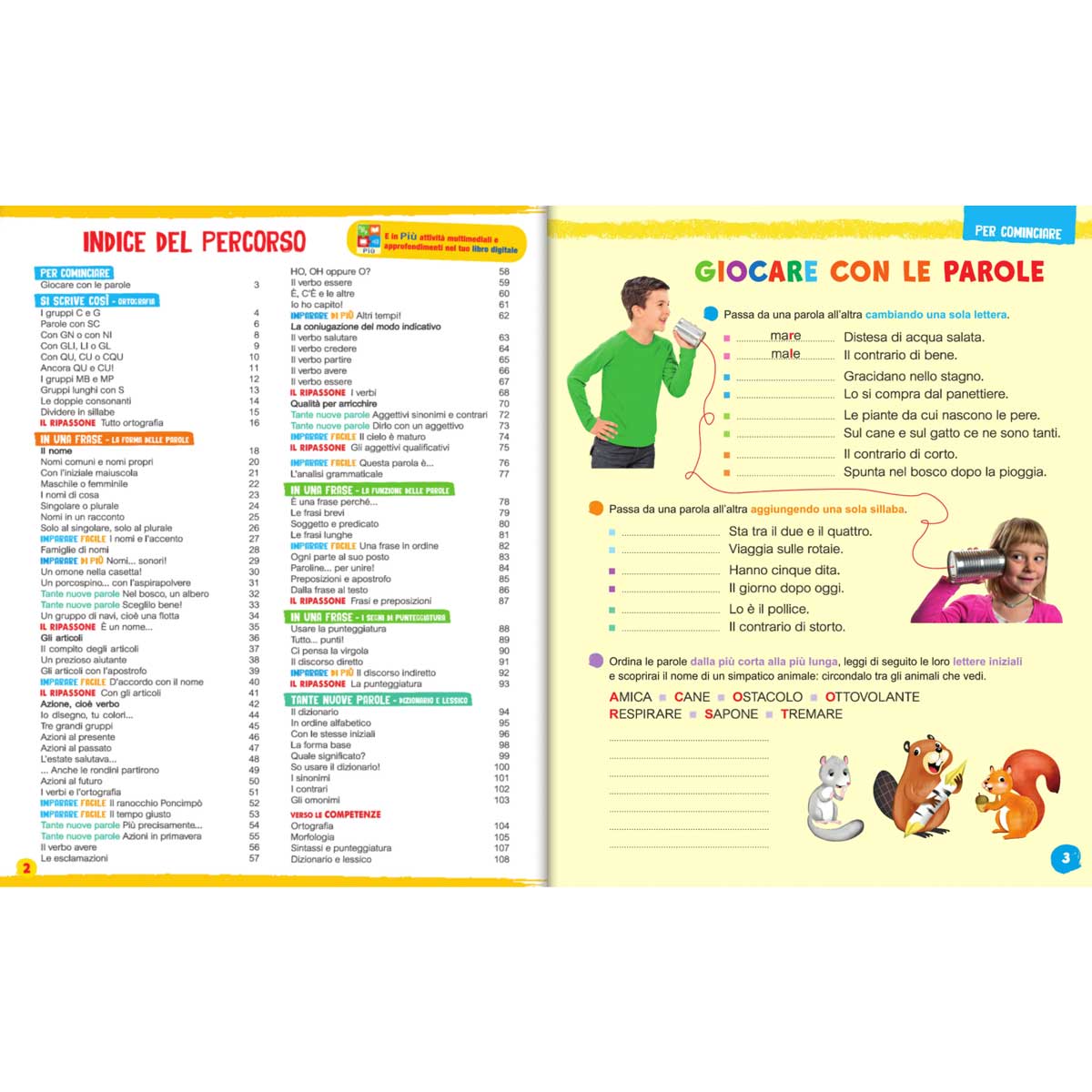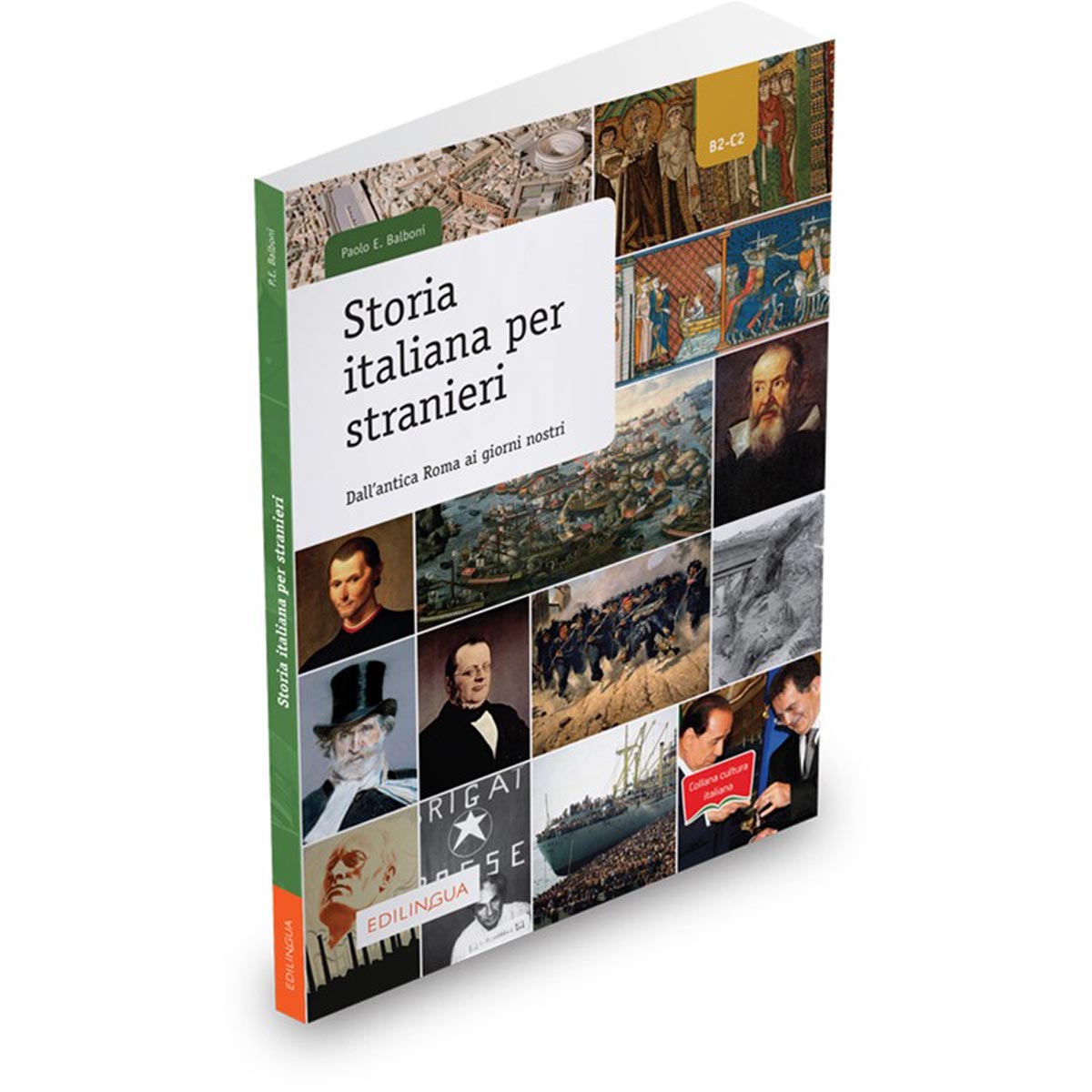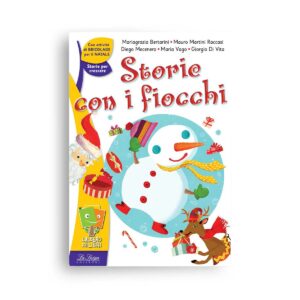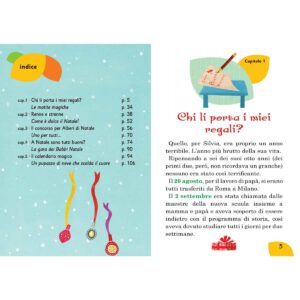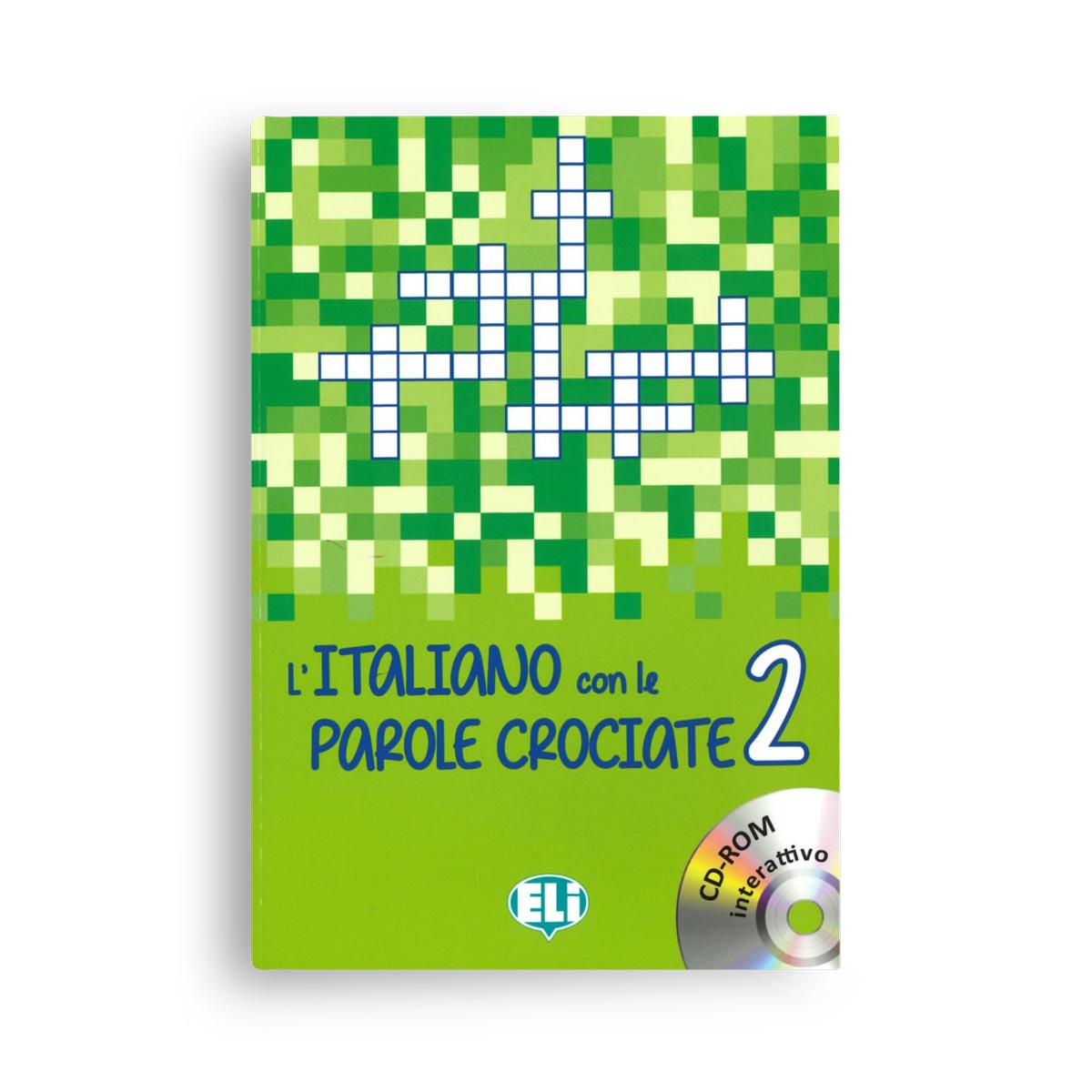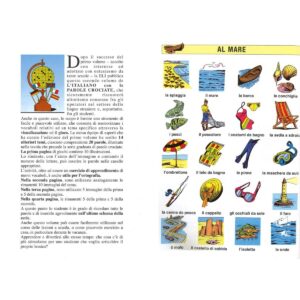This is a reading comprehension about what do Italian have for breakfast. Try to understand the general meaning of the text with the help of graphics and do the exercise. Finally click on Translate to check if you’ve understand well and to learn the words you didn’t know.
Italian breakfast: interview results
The website YouGov has interviewed almost a thousand Italians on the topic of colazione. Let’s look at the results together!
1. Fai colazione?
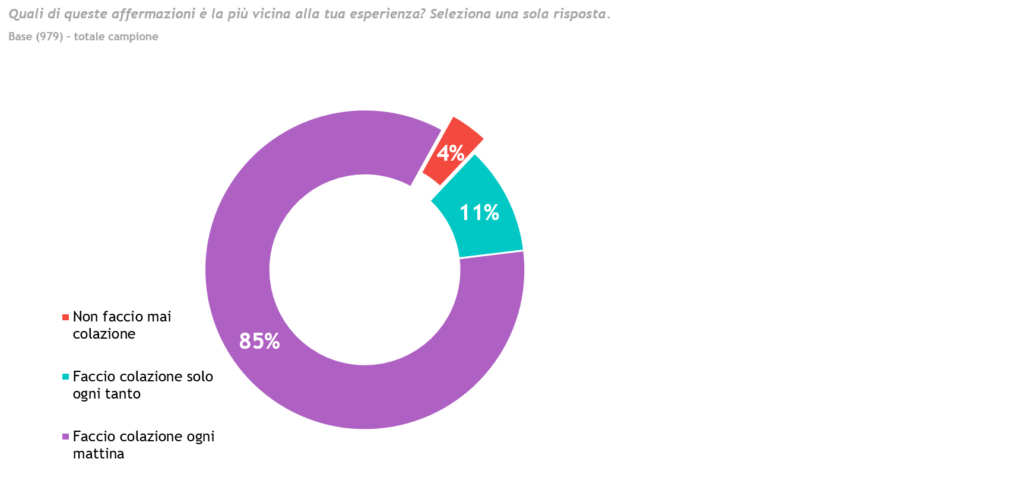
L’85% degli intervistati fa colazione ogni mattina. L’11% invece la fa solo ogni tanto, mentre solo il 4% non fa mai colazione.
DOVE? Gli intervistati fanno colazione principalmente a casa (84%), mentre l’11% degli intervistati fa colazione al bar.
2. Cosa bevi per colazione?
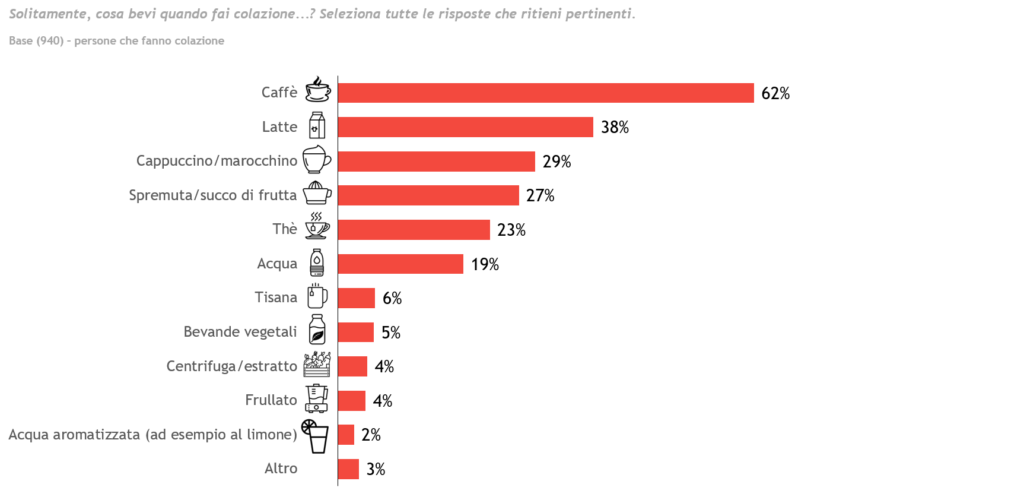
Per quanto riguarda le bevande, la bevanda preferita è il caffè, bevuto dal 62% degli intervistati. Segue il latte (38%). Le bevande che mischiano latte e caffè, ovvero cappuccino e marocchino, sono scelti dal 29% degli intervistati. Al quarto posto si trovano la spremuta e il succo di frutta. Il tè è il quinto in classifica (23%). Poco amate per colazione sono le tisane (6%), le bevande vegetali (5%), frullati (4%), centrifughe/estratti e le acque aromatizzate (2%).
3. Cosa mangi per colazione?
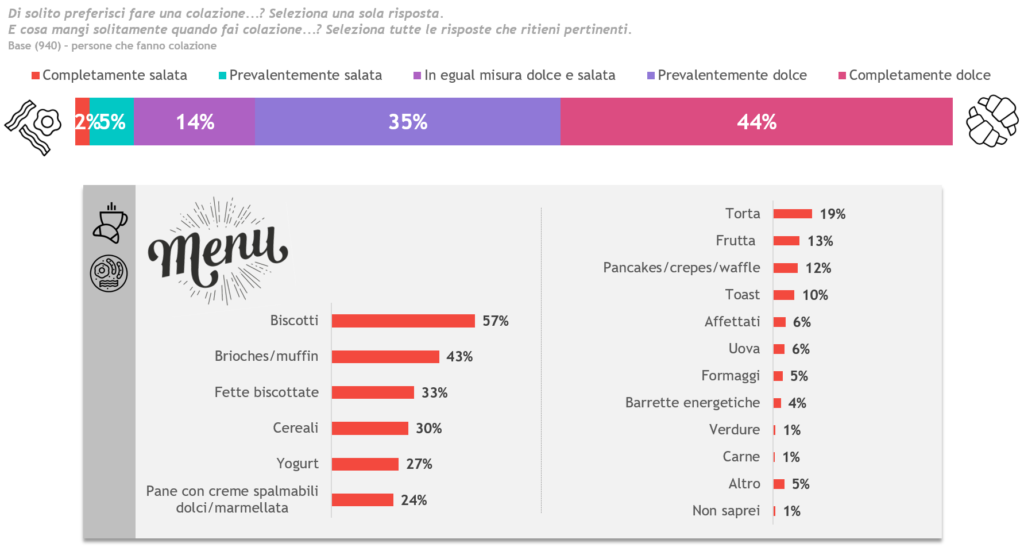
Il 44% delle persone che fanno colazione la preferisce completamente dolce. Solo il 7% fa una colazione salata. I cibi preferiti per colazione sono biscotti, brioches/muffin, fette biscottate e cereali. Seguono lo yogurt (27%) e il pane con la marmellata o creme spalmabili dolci (24%). Fra i prodotti salati più amati per colazione ci sono il toast (10%), affettati e uova (6%) e formaggi (5%).
Esercizio
Source: YouGov
